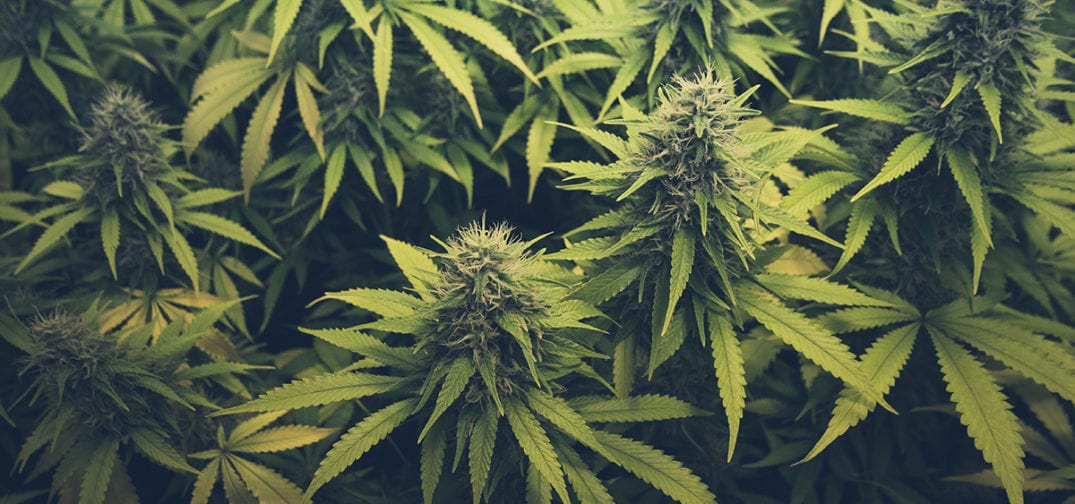Just five percent of legally-grown Canadian cannabis contained pesticides, according to Health Canada data outlined by Global News. Five of 133 samples tested by the agency had restricted pesticides, while four tested positive for pesticides within acceptable ranges.
One sample tested on Dec. 12, 2018 – two months after legalization – contained levels of myclobutanil, a mildew killer and known carcinogen, at 14 ppm. When burned, myclobutanil produces hydrogen cyanide. The sample also contained bifenazate at 3.1 ppm; both chemicals are limited to 0.020 in dried flower.
Tammy Jarbeau, a spokesperson for Health Canada, told Global News that a recall was issued for the product and “at the time of the product recall, the pesticide testing had not yet been completed.”
“Licensed cultivators and processors are required to report the detection of unauthorized pesticide active ingredients (a positive test result) to Health Canada no later than seven calendar days following receipt of the test results.” — Jarbeau, to Global News
In 2017, the agency performed 160 unannounced tests of the then-medical only cannabis industry and had about 40 products come back with positive pesticide results; 28 of which for myclobutanil.
Since legalization, Health Canada has issued 17 product recalls. Montreal monopoly retailer, Société québécoise du cannabis, told Global News that they haven’t recalled any products as the result of testing, while the Alberta Gaming and Lottery Corporation appears to have paid for six cannabis tests, of which two failed. The Ontario Cannabis Retail Corporation said they don’t conduct testing.
Get daily cannabis business news updates. Subscribe
End
